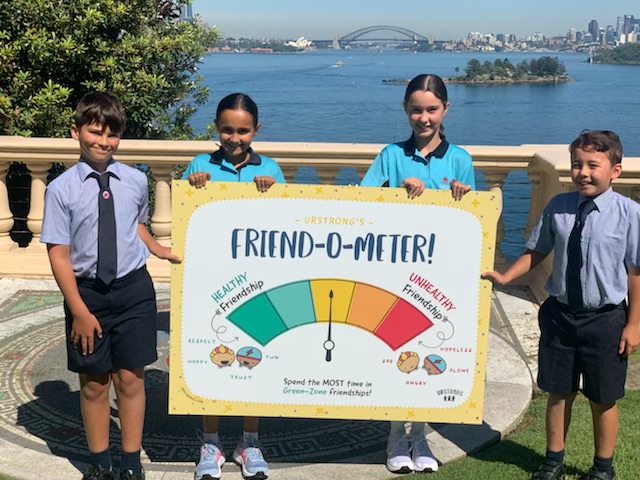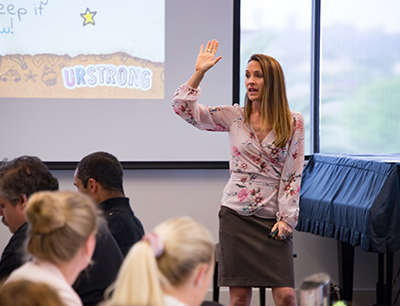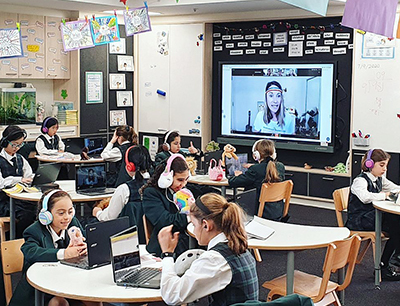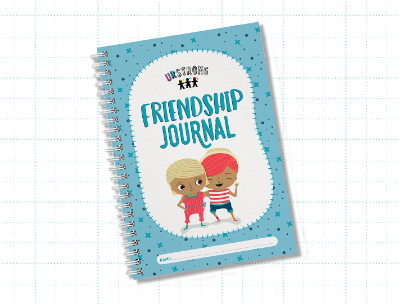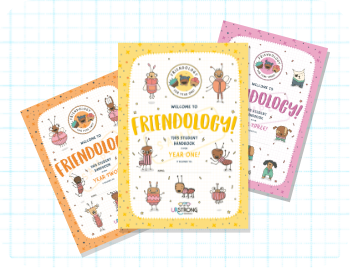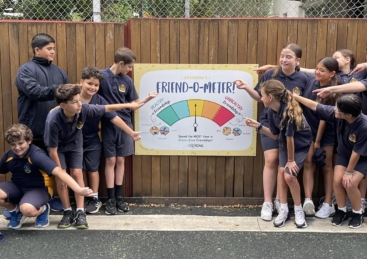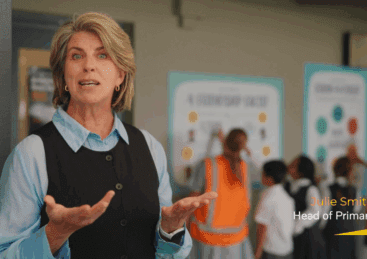Parent: “How was school today?”
Kid: “Good.”
Parent: “What did you do?”
Kid: “Nothin.”
How many parents have had this conversation with their kids? When it comes to challenging friendships, the reality is kids do not often tell their parents if they’ve had a Friendship Fire® with a friend, or they’re dealing with an up-and-down friend, or they’re having trouble making friends. Instead, kids & teens often suffer in silence.
So, why do kids keep their friendship issues private? Over the last 14 years, we have worked with tens of thousands of kids in schools around the world. Students have shared all sorts of things with us about what’s really going on in their friendships. While friendships have changed a lot for kids since we first launched our Friendology curriculum in 2009, these 4 reasons that kids aren’t totally honest and forthcoming with their parents has stayed the same:
- Your child is worried you’re going to freak out. You might call the other kid’s parents, you might call the school, you might say the wrong things, you might cry, you might say, “I knew that kid was trouble!” Basically, you might say and do all the wrong things and just make matters worse. Read our most popular blog: 10 Reasons to NOT Call the Other Child’s Parents
- Your child is embarrassed. They want you to think they’re cool and popular. Your child wants to make you proud! It’s a pretty vulnerable thing to respond to, “How was school today?” with, “Not very good. I feel like I have no friends. Sat by myself at lunch and kids made fun of the bargain shoes you bought me.” Kids and teens will not readily offer that information.
- Your child knows it sounds silly or trivial. Kids are totally aware that sometimes the things they’re upset or annoyed about aren’t a big deal, but they can’t shake it. When they think about telling an adult, they think parents + teachers won’t get it and will respond with, “Just ignore them! It’s not that big of a deal! Why do you care? Play with someone else then!” These sentiments are obviously not helpful and diminish a child’s feelings.
- Your child is so tuned in to you. They know if you’re stressed or have a lot on your plate right now and they don’t want to add to your pile by unloading their friendship drama on you. They also know it will upset you – so they protect you from that.
There is, however, a 5th reason that has emerged: Your child is worried you’ll take away their device. If the friendship issue happened online, they’re worried you’re going to make them delete the platform or take their device away. In the past few years especially, this has become a huge concern with children experiencing awful things online that they’re not sharing with grown-ups.
So, what can you do to encourage your child to open up and share freely with you?
First, think of yourself as a Friendship Coach. Coaches don’t go out there and play the game for their players. Instead, they give them advice and send them to play. Then, they stand back on the sidelines and watch. When they call their team in, they point out what they saw and give the players some tips and guidance. It should work that way with parents too, coaching your children through their friendships. Avoid jumping in to solve the problem. Instead, ask: “What can you do to make this situation better?” Empower your child with this activity: Keep it Cool!
Second, empathize. Sometimes all your child needs to hear is, “That sounds really hard. Would you like a hug?” Sit with them in the discomfort, remind them their feelings are normal and valid, and show them you’re there. For teens especially, be a Potted Plant Parent.
Lastly, give this tried-and-tested strategy from my Mom a go. Whenever I was experiencing any kind of emotional turmoil, my Mom would find me a book or article and leave it on my pillow. It was her way of saying, “I’m here if you need to talk, but here’s some advice.” With that in mind, print this activity and pop it on your child’s pillow. Who knows – maybe you’ll get invited to go for some ice-cream!?
Written by: Dana Kerford
Founder & Friendship Expert

